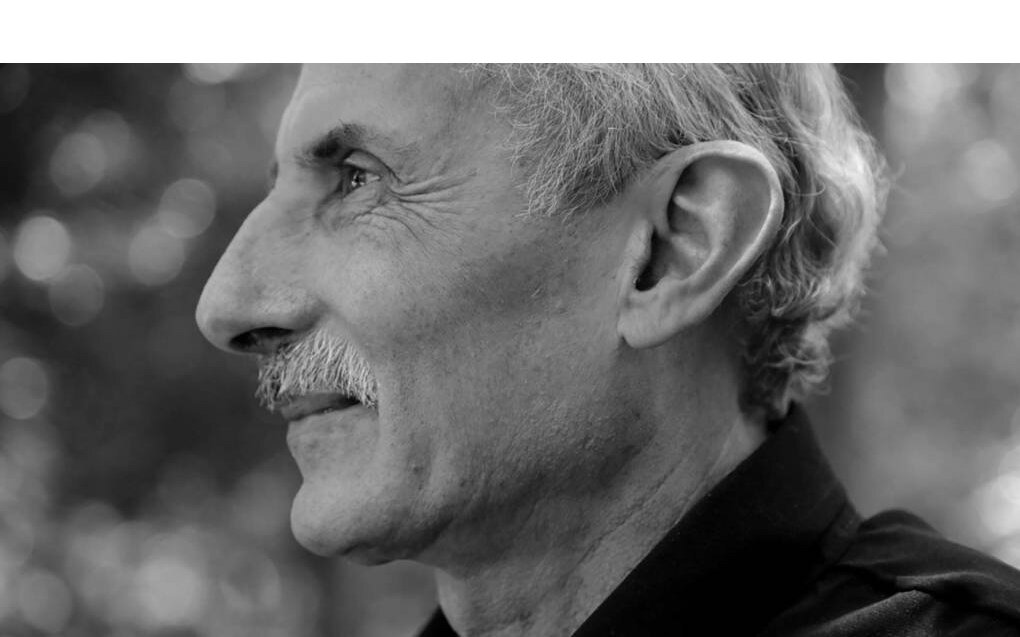
"The Practice of Forgiveness" (excerpt from THE WISE HEART) by Jack Kornfield
Buddhist psychology offers specific teachings and practices for the development of forgiveness. Like the practice of compassion, forgiveness does not ignore the truth of our suffering. Forgiveness is not weak. It demands courage and integrity. Yet only forgiveness and love can bring about the peace we long for. As the Indian sage Meher Baba explains, “True love is not for the faint-hearted.”
We have all betrayed and hurt others, just as we have knowingly or unknowingly been harmed by them. It is inevitable in this human realm. Sometimes our betrayals are small, sometimes terrible. Extending and receiving forgiveness is essential for redemption from our past. To forgive does not mean we condone the misdeeds of another. We can dedicate ourselves to make sure they never happen again. But without forgiveness the world can never be released from the sorrows of the past. Someone quipped, “Forgiveness means giving up all hope for a better past.” Forgiveness is a way to move on.
PLEASE SUPPORT MR. KORNFIELD’S PRACTICE

"Fear and Anger" by Jack Kornfield
Aversion, anger, and hatred are states of mind that strike against experience, pushing it away, rejecting what is presented in the moment. They do not come from without. This insight is a reversal of the ordinary way we perceive life. “Usually,” says Ajahn Chah, “we believe outer problems attack us.” Things are wrong and people misbehave, causing our hatred and suffering to arise. But however painful our experiences may be, they are just painful experiences until we add the response of aversion or hatred. Only then does suffering arise. If we react with hatred and aversion, these qualities become habitual. Like a distorted autoimmune response, our misguided reaction of hatred does not protect us; rather, it becomes the cause of our continued unhappiness.
BE A SUPPORTER OF MR. KORNFIELD’S WORK

"Bringing Home the Dharma: Awakening Right Where You Are" by Jack Kornfield
RAIN is a useful acronym for the four key principles of mindful transformation of difficulties. RAIN stands for Recognition, Acceptance, Investigation, and Nonidentification. A line from Zen poetry reminds us, “the rain falls equally on all things.” Like the nourishment of outer rain, the inner principles of RAIN can be applied to all our experience, and can transform our difficulties.
BE A SUPPORTER OF MR. KORNFIELD’S WORK

"The Beauty of Beginner’s Mind" by Jack Kornfield
The wisdom of uncertainty frees us from what Buddhist psychology calls the thicket of views and opinions. “Seeing misery in those who cling to views, a wise person should not adopt any of them. A wise person does not by opinions become arrogant. How could anyone bother those who are free, who do not grasp at any views? But those who grasp after views and opinions wander about the world annoying people.” I like to think that the Buddha said this last sentence with a laugh. Ajahn Chah used to shake his head and smile, “You have so many opinions. And you suffer so much from them. Why not let them go?”
BE A SUPPORTER OF MR. KORNFIELD’S WORK

The Bodhisattva’s Path by Jack Kornfield
Bodhisattva is the Sanskrit word for a being who is devoted to awakening and to acting for the benefit of all that lives. The way of the bodhisattva is one of the most radical and powerful of all Buddhist forms of practice. It is radical because it states that the deep fulfillment of happiness comes from serving the welfare of others as well as ourself. Our highest happiness is connected with the wellbeing of others.
BE A SUPPORTER OF MR. KORNFIELD’S WORK

